** This post contains affiliate links that give us a small percentage of your purchase for our recommendations. **
Many of the fish issues we see at Aquatic Veterinary Service condense down to one thing: ineffective husbandry. We’re here to set the record straight and make it easy to take care of your fish by showing you how to troubleshoot fish systems. The better care your fish receive, the better their overall health and fewer calls to the veterinarian!
Fish Troubleshoot #1: Test your water.
For those of your loyal followers, you know how important water quality is to fish health. Most of the issue we see would have been avoided completely if the water parameters had been maintained. Test kits are available for cheap and are very easy to run. At the first sign of distress: CHECK YOUR WATER!
Fish Troubleshoot #2: Water changes.
All fish systems need regular water changes. I don’t care what that internet forum told you. If you imagine the wild fish populations, their water is never stagnant or contained. It is constantly flowing in, out, up and around. Fish kept in ponds and tanks are in artificial systems. They require new water every once in awhile to flush out not only nitrogen products, but hormones and other waste that is impossible to see with the naked eye. Never done one before? Well, we’ve created a helpful guide to show you the way.
Fish Troubleshoot #3: Clean your damn tank.
Are fish low maintenance? Well, you don’t need to walk them or potty train them, but they do require regular care and maintenance. If you do a little bit weekly, it will make the whole process easier. A cleaning protocol should include: scrubbing walls, removing waste and excess food, rinsing filter media and cleaning decor. We have handy checklists for both ponds and tanks that you can tweak to create your perfect protocol.
Fish Troubleshoot #4: Temperature.
Fish are ectotherms. This means that unlike your fluffy mammalian pets, they cannot regulate their internal body temperature. Their body temperature, with the exception of larger ocean-dwelling fish, will be the same as the water temperature. Different species of fish have specific tolerances for temperature. Goldfish and koi, can survive in just above freezing temperatures all the way up to 90F! However, some tropical fish can only do 77-83F. Know your species temperature tolerance and make sure you have a good thermometer in the tank at all times. And stick on ones do not count!
Fish Troubleshoot #5: Diet.
Not all fish eat the same things! Commercial diets might seem all-inclusive, but these can be misleading. Some fish can be very picky eaters while others would eat your tires if given the opportunity. Research the diets of your fish and if you can’t find any conclusive information, try to offer variations including pellets, vegetables, fruit, bugs and frozen diets. Flakes are great for small fish, but graduate them to pellets as soon as possible. Pellets have less surface to mass ratio, meaning that all the nutrients won’t be leached out as soon as they hit the water! Many food packages are labeled with an expiration date, but this applies only if you don’t open the bag. As soon as a bag or jar is opened, you must toss the remainder after 6 months. After 6 months, a lot of the vitamin content has broken down, so you’re essentially feeding cardboard.
Fish Troubleshoot #6: Personality clashes.
Just like people, cats and dogs, not all fish will get along with each other. Usually, this comes down to species territoriality, but we see it result in fighting over food, space and mates, often resulting in injury and death. When setting up a tank, always make sure the fish you’d like to home together will get along or have enough room to feel safe. If aggression develops over time, you will need to rehome the bullied or the bullier. Unfortunately, there is no effective behavioral therapy for fish… yet.
Stick to these key points and your fish will be happy and healthy for years to come!

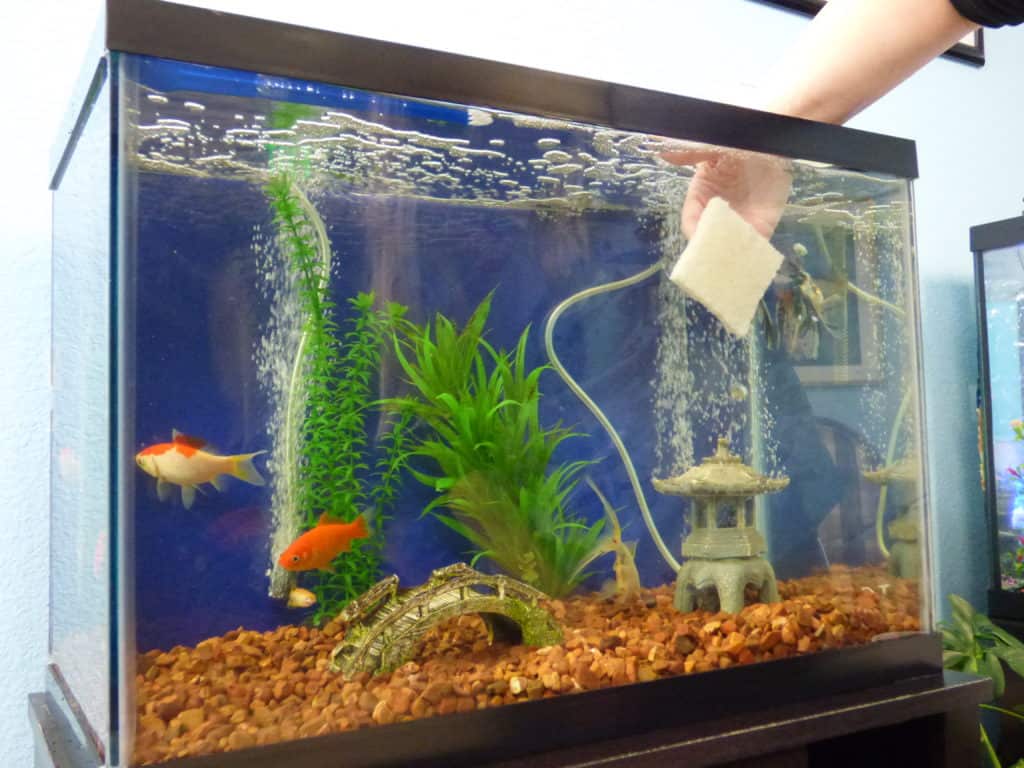
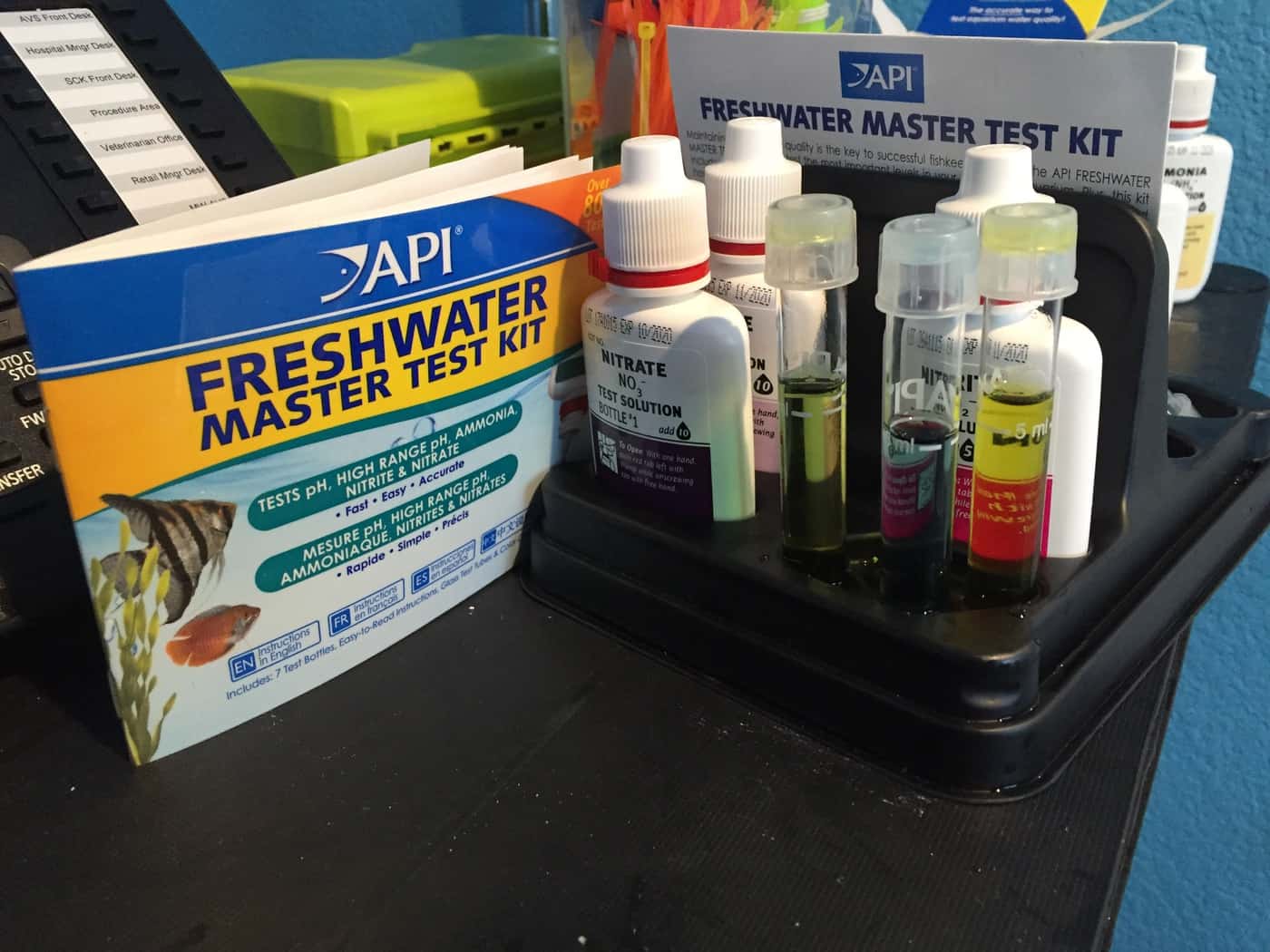

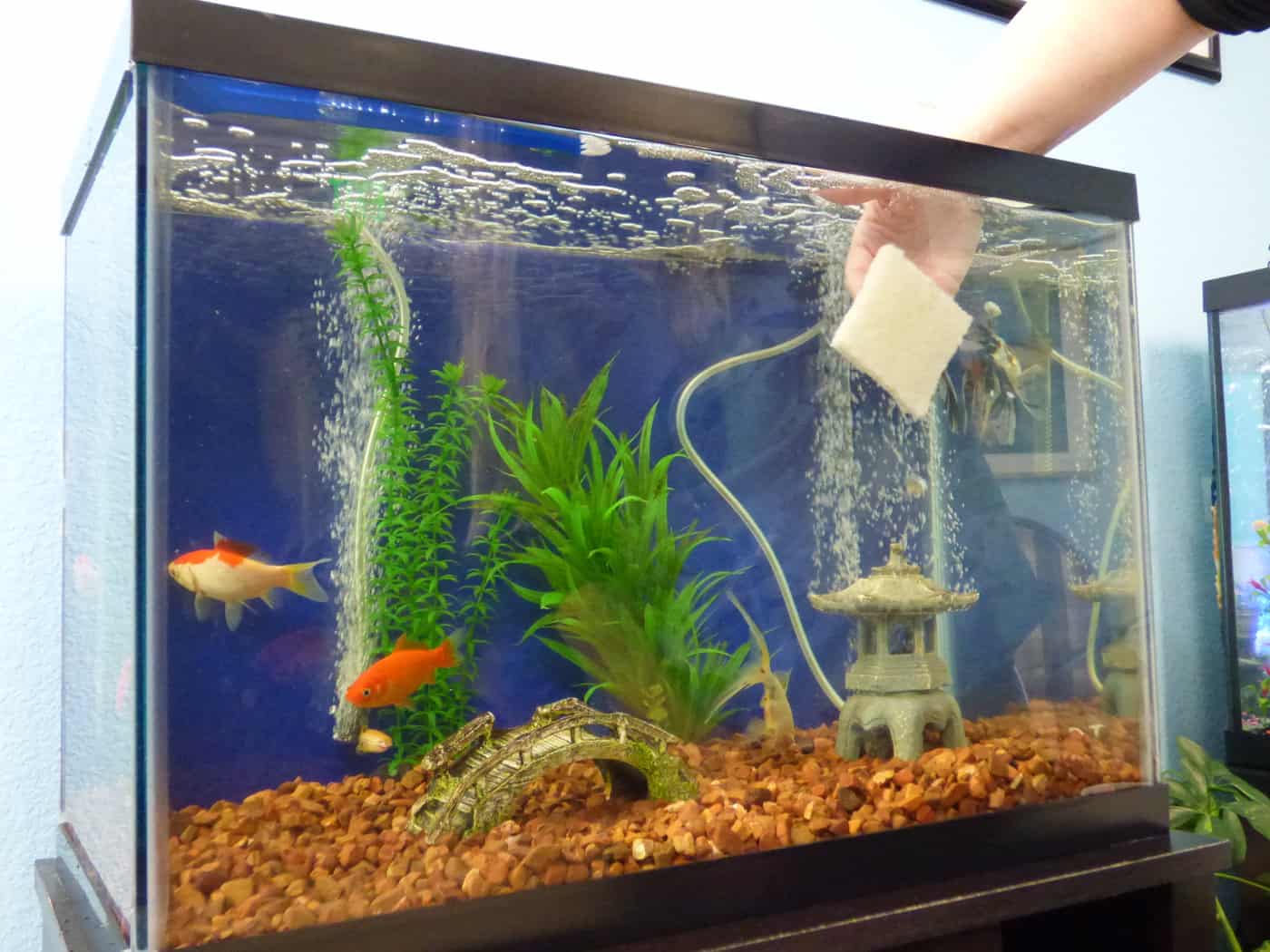
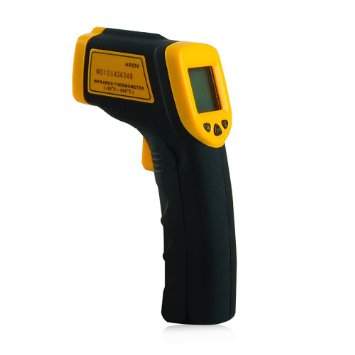
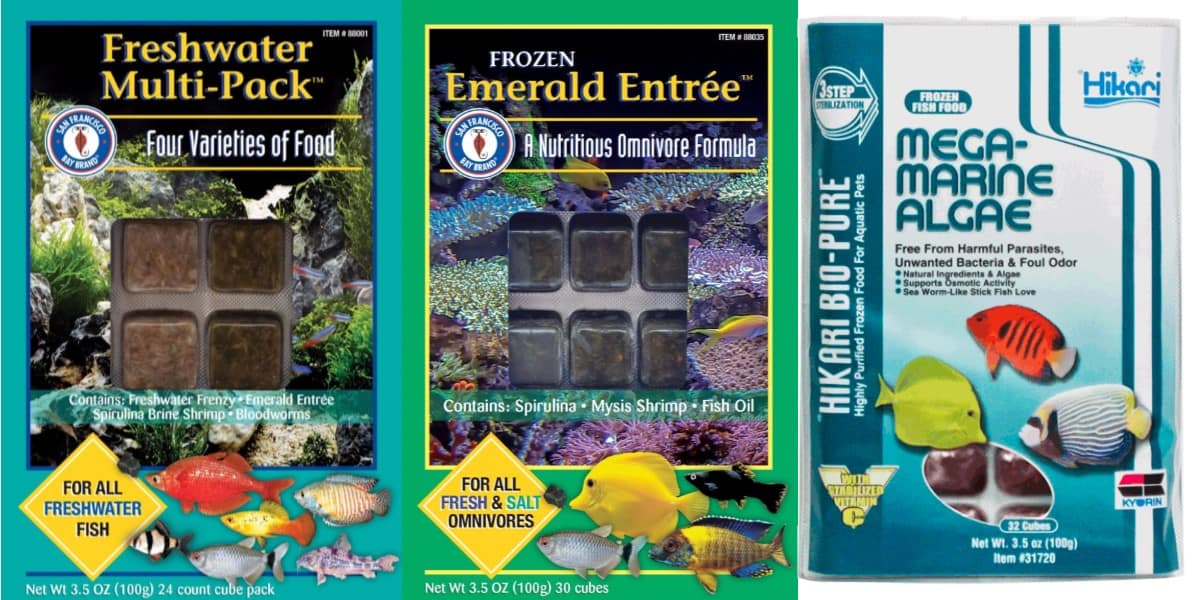
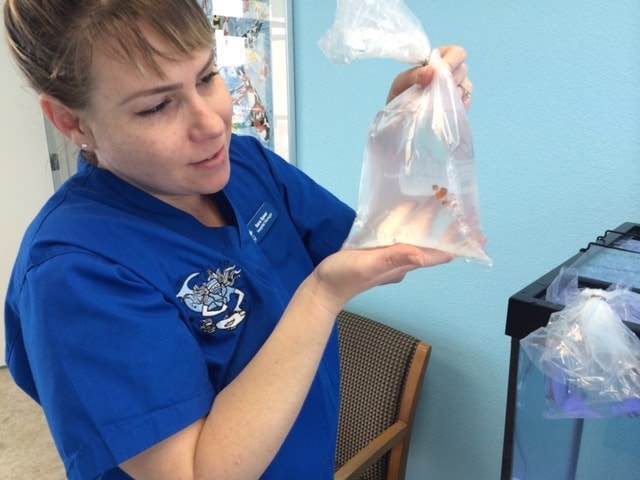
“Clean your damn tank”….I love this newsletter!!